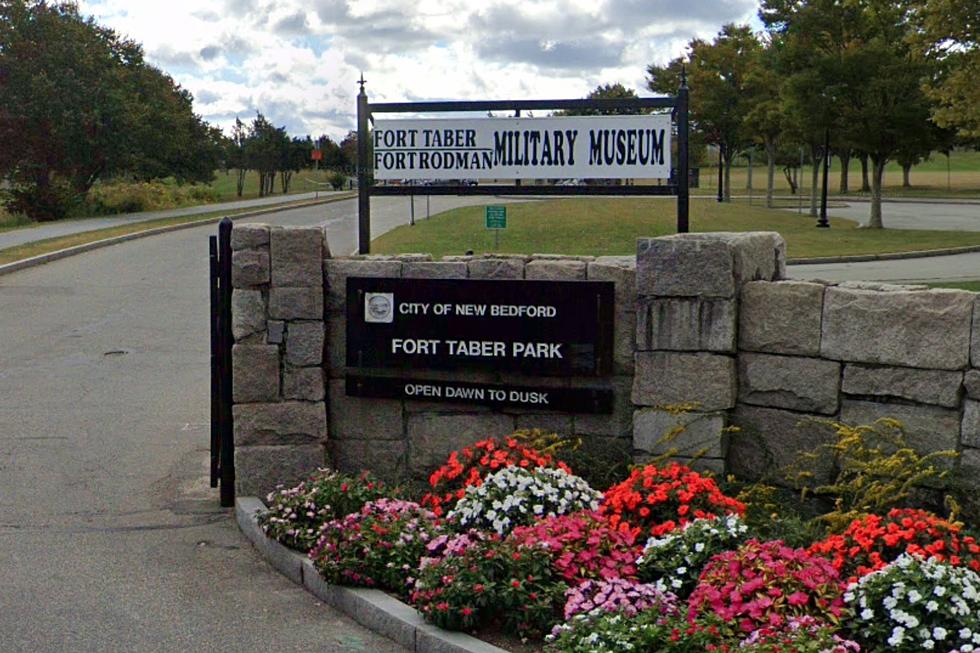
What’s in Our Water?
Ever wonder what’s in our water?
Sure, there’s lots of good stuff in there, but there are some contaminants as well. Coming up on Tuesday, January 8, you can learn about some of the things that may be in your drinking water that you don’t want to be there.
The New Bedford Science Café will be held Tuesday, January 8 from 6 p.m. to 8 p.m. at the Greasy Luck Brewpub at 791 Purchase Street. Admission to the Science Café is free, and food and drinks will be available for purchase.
The special guest will be Laurel Schaider, Ph.D., an environmental chemist and research scientist at the Silent Spring Institute in Newton. She will be discussing PFAS contaminants in our nation’s drinking water supplies, including where these non-stick chemicals come from, how they affect our health and what we can do to reduce our exposure.
From the press release:
Contaminants in groundwater, surface water and drinking water have been identified as a rapidly emerging health threat, with the U.S. Congress last September calling on the EPA to move faster in assessing their potential hazards.
Laurel Schaider singles out a group of chemicals known as PFASs, which have been linked to immune system problems, certain cancers, thyroid disruption and adverse effects on pregnancy. They are in products we use every day, “and eventually they make their way down the drain,” she explains. “What’s concerning is that we are potentially re-exposed to them through our drinking water.” On Cape Cod, Schaider has spearheaded private well and septic system testing in conjunction with the National Institute of Environmental Health Sciences Superfund Research Program Center (STEEP). The five-year project is a collaboration between URI, Harvard T.H. Chan School of Public Health Department of Environmental Health, and Silent Spring Institute, based in Newton, MA.
More From WFHN-FM/FUN 107









